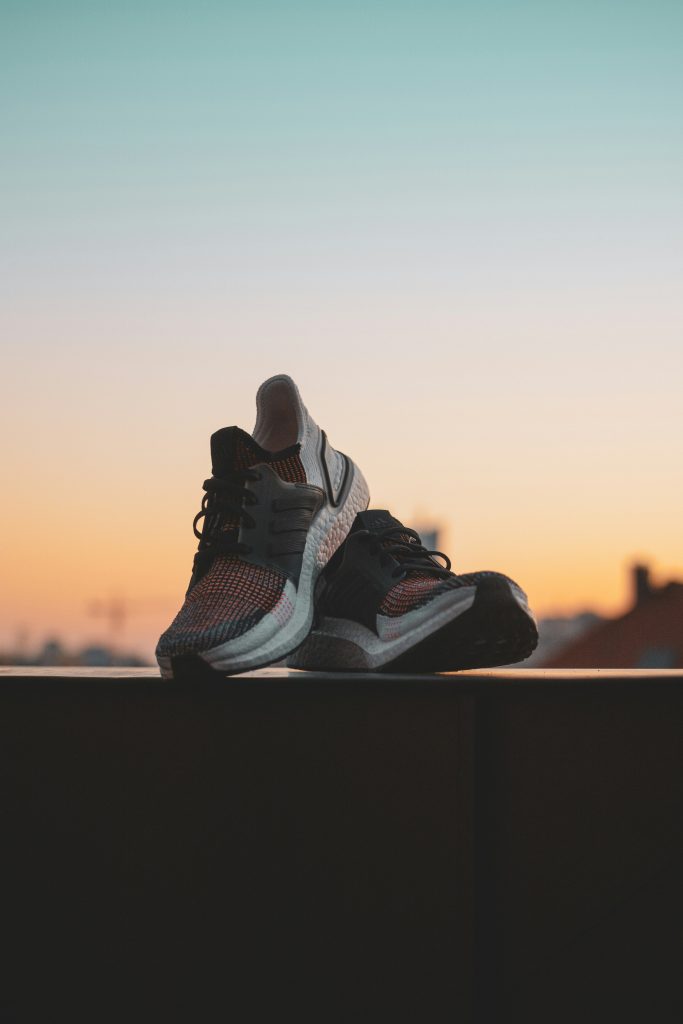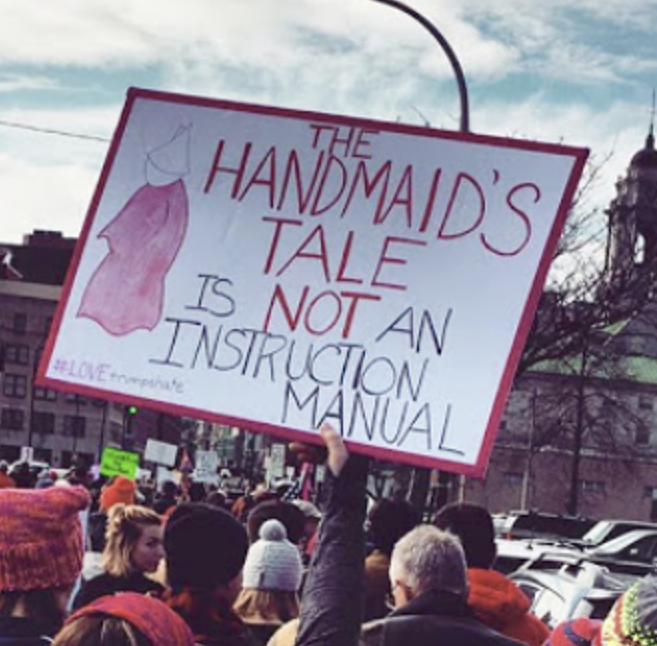
GFGRG Undergraduate Dissertation Prize
Run Like a Girl: The Digital Reinforcement and Deconstruction of Gender Norms by Female Running Influencers on Instagram
Francesca Willn, University of Exeter
Undergraduate Dissertation Prize 2025 – Runner Up

GFGRG Travel Grant
Reflections from the RGS-IBG Annual Conference 2025
Gráinne Fay, University of Nottingham
Travel Grant 2025 – Recipient

GFGRG Travel Grant
Exploring Endocrine Geographies: Reflections from the 2025 RGS-IBG Conference in Birmingham
Jay Sinclair, Durham University
Travel Grant 2025 – Recipient

RGS-IBG Conference 2025
Creative feminist theories and approaches to energy geographies
Giulia Mininni, University of Manchester

RGS-IBG Conference 2023
Reflections from the RGS-IBG Conference 2023
Poppy Budworth, University of Manchester

RGS-IBG Conference 2023
Taking Care: Navigating the RGS Annual Conference as Feminist Geographers
Poppy Budworth, University of Manchester

GFGRG Undergraduate Dissertation Prize
Publication to Protests: A Geographical Exploration of Power and Resistance in The Handmaid’s Tale
Georgia Silva, University of Nottingham
Undergraduate Dissertation Prize 2020 – Winner

GFGRG Blog
Academia in Covid-19 times: Reflections on practice
Anonymous; Sawyer Phinney; Esteve Corbera, Isabelle Anguelovski, Jordi Honey-Rosés, Isabel Ruiz-Mallén

GFGRG Blog
Research on women’s experiences of misogyny in Greater Manchester
Jess Bostock, University of Manchester